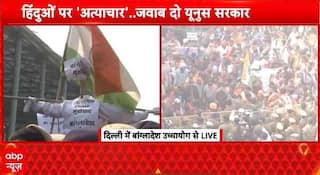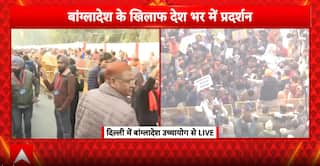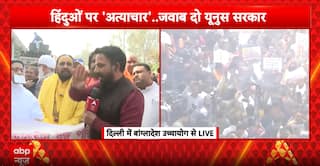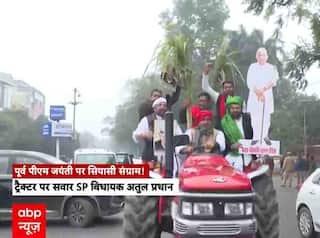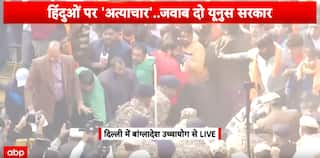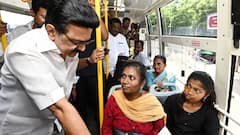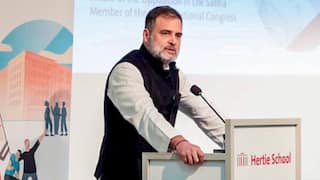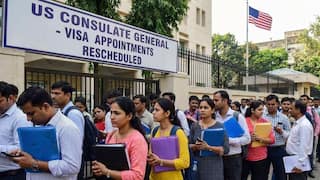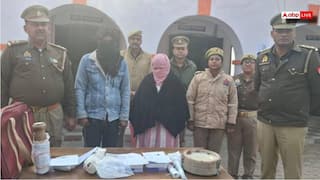Tamil Nadu: Madras HC Quashes Law Enacted By AIADMK Of Banning Online Gambling Games
During the hearings, the court repeatedly pointed out how the law has been drafted poorly and needs proper regulation

Chennai: The Madras High Court on Tuesday struck down the law that was enacted by the AIADMK government, banning online games such as rummy and poker that were played with stakes in the state.
The ordinance to ban online betting games was promulgated by Governor Banwarilal Purohit in November 2020 and the amendment bill, Tamil Nadu Gaming and Police Laws (Amendment) Act of 2021, was introduced in the assembly in February, this year. The move was made after the state had witnessed multiple suicides and several people lost their hard-earned money in the games, and people from several quarters protested demanding the immediate ban of the games.
The order was passed by the first bench of Chief Justice Sanjib Banerjee and Justice Senthilkumar Ramamoorthy while disposing of the writ petitions filed by private companies offering online games including Junglee Games India Private Limited.
Also read | Dravidian Giants End Bonhomie As TN Assembly Centenary Celebration Widens Rift Between AIADMK, DMK
The bench said, the blanket ban had fallen foul of Article 19(1)(g)(right to practice any profession, or to carry on any occupation, trade or business) of the Constitution. "This court, therefore, strikes down the amendment in its entirety as ultra vires the Constitution," the PTI quoted.
During the hearings, the state had argued how the games had led to the suicide of seven people in the last five years apart from other crimes, while the petitioners stated that the several courts including the Supreme court of the country had said that rummy was a game of skill and not a game of chance. The bench, meanwhile, repeatedly pointed out how the law has been drafted poorly and needs proper regulation.
Allowing the state to pass another legislation to regulate the games, the bench said that the judgment will not prevent the state government from introducing another legislation conforming to the constitutional principles of propriety, according to PTI.










